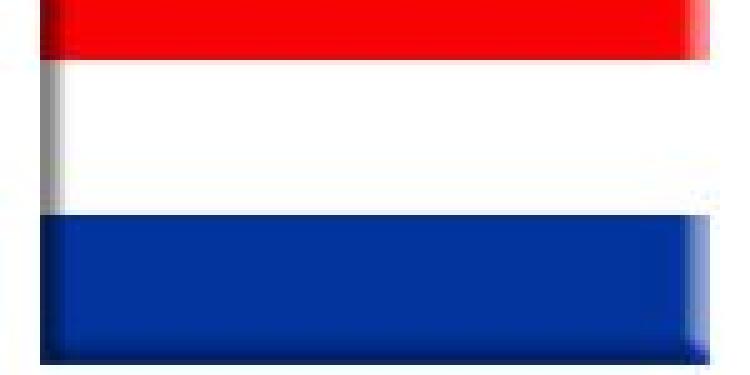Luxembourg: EJC Rules Countries Can Ban Online Gambling
Posted: June 5, 2010
Updated: October 4, 2017
The European Court of Justice (EJC) in Luxembourg ruled yesterday that countries in the EU can ban online gambling, thereby preventing other

The European Court of Justice (EJC) in Luxembourg ruled yesterday that countries in the EU can ban online gambling, thereby preventing other EU states from offering services across their borders. The ruling settles a long-standing debate as to whether or not gambling bans violate EU free trade agreements. Arguments against the ban suggest that all EU states should have the right to trade freely with all others, but the new ruling makes an exception for internet gambling.
The ruling was made after De Lotto, an online gambling site in the Netherlands, tried to get the Dutch court to prevent UK-based Ladbrokes from offering services in the Netherlands. The Dutch Supreme Court ruled in favor of De Lotto, so Ladbrokes appealed. The Dutch court then turned to EJC and asked for a ruling. A similar case was also being heard by the EJC between Betfair and Dutch authorities.
In the end, the EJC backed Dutch officials, saying that EU countries can prevent other member states from offering internet gambling services to their citizens in order to combat fraud and protect players.
“Such a restriction may be justified, in particular, by the objectives of consumer protection and the prevention of both fraud and incitement to squander money on gambling, as well as the need to preserve public order,” the EJC ruled.
While Dutch gambling laws essentially give state-operated gambling companies a monopoly over the industry, nothing now can be done. The EJC ruling states that they have the right to block foreign gambling websites that are not licensed to operate within their borders.
Reuters calls the ruling “a blow to the multi-billion euro online betting industry seeking to break domestic monopolies.” Judging by the reaction from the industry, however, this issue is far from over.












